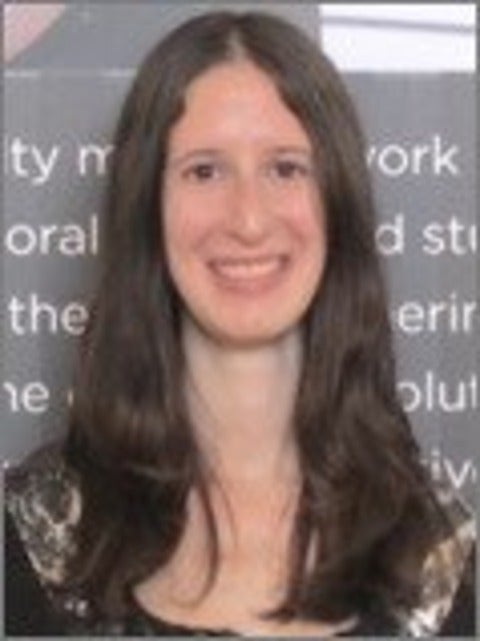Estimating outcome probabilities of quantum circuits using quasiprobabilities
Hakop Pashayan, The University of Sydney
We present a method for estimating the probabilities of outcomes of a quantum circuit using Monte Carlo sampling techniques applied to a quasiprobability representation. Our estimate converges to the true quantum probability at a rate determined by the total negativity in the circuit, using a measure of negativity based on the 1-norm of the quasiprobability. If the negativity grows at most polynomially in the size of the circuit, our estimator converges efficiently.
